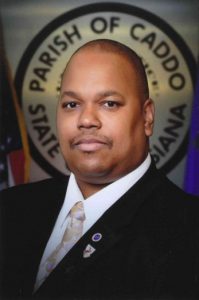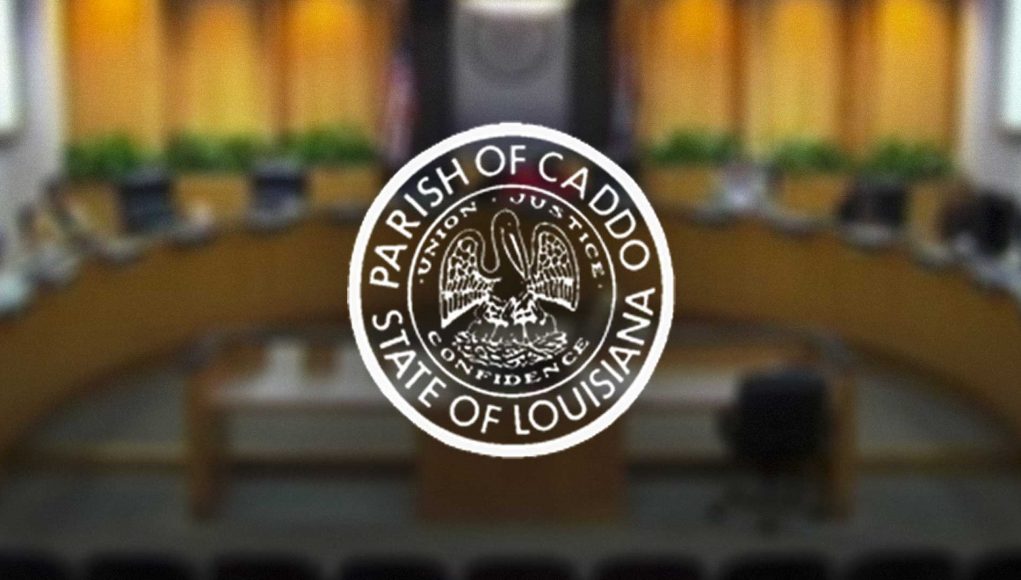What is the UDC? A Brief Overview
Development codes are meant to protect citizens and provide thoughtful guidance on the city’s growth and redevelopment. The “Unified Development Code” (UDC) is a zoning code of ordinances created by the City of Shreveport, Caddo Parish Commission, and Metropolitan Planning Commission (MPC) to replace the outdated code of ordinances that were originally implemented in 1957, over 60 years ago.
The new codes were designed to be a mechanism to aid the progress of the City of Shreveport’s 2030 Master Plan and update the codes of development to modern standards. So, when new development is introduced, the new zoning code is meant to ensure that it is in compliance with standards that help achieve the goals set forth in the Master Plan.
What makes the UDC “unified” is that it is agreed upon by both the City of Shreveport and the Parish of Caddo. If both parties do not agree, the code is not “unified”.
What Happened
On March 23rd the Caddo Parish Commission was expected to adopt the Unified Development Code (UDC) during their regular session. In a vote of 7 in favor to 4 against with 1 abstention, the CPC voted to adopt an amended version of the UDC. This vote sent the document back to the Metropolitan Planning Commission and the long range planning committee, comprised of members of City Council, the MPC, and the Parish Commission so they could reconsider the proposed amendments from the Commission.

The two amendments, proposed by Commissioner Lyndon Johnson, remove requirements for existing businesses and allow the Commission to be included in the zoning appeals process. This same governing body actually voted unanimously to give zoning appeals authority to the Zoning Board of Appeals in June of 2016.
By law, (La R.S. 33:140.30) any change to a zoning ordinance not previously approved by the Metropolitan Planning Commission (like the amendments Johnson proposed for the UDC) requires a two-thirds vote (8 ayes of 11 votes) of the entire Parish Commission to pass. Since there were only 7 ayes on the adoption of the proposed amendment, it failed to pass.
One benefit of the Unified Development Code is that it is a living document and, once it is adopted, the process of making amendments should be seamless and not as cumbersome as updating the outdated code has been. During the March 23rd meeting this was mentioned by citizens in public comment as well as during the lengthy discussion once the amendments were proposed.
The City Council had already adopted the UDC on February 28, 2017, in a vote of 6 for to 1 against. For this document to be “unified” in the sense that the code applies equally to both city and parish developments, both governing bodies need to adopt the exact same set of ordinances with the knowledge that the UDC includes a process for updating the code as needed.
Watch the video of the arguments and the vote in the Caddo Commission meeting March 24, 2017.
What Happens Next
These changes could have been made after adoption, and yet, even with this knowledge, they still failed to pass the UDC as expected. Now, because the Commission has proposed amendments, it will need to go all the way back to the Long Range Planning Committee for review and then on to MPC again so that a new recommendation can be made to the City Council and the Parish Commission. This process may take another few months to complete.
If no satisfactory compromise can be reached, the City Council and Parish Commission may choose to adopt slightly different versions of the document, thus making it a not-so “unified” Unified Development Code. Businesses and residents within the city limits would comply with the City’s UDC and the Parish rules would apply only to businesses and residents within the approximately five-mile deep perimeter outside of the City’s boundaries.
Regardless of what the Parish Commission does, the code adopted by the City Council will go into effect on May 15, 2017. If the parish changes go through the process and are approved by both the City and Parish bodies, the Parish will have effectively caught up and made it a truly unified development code.

